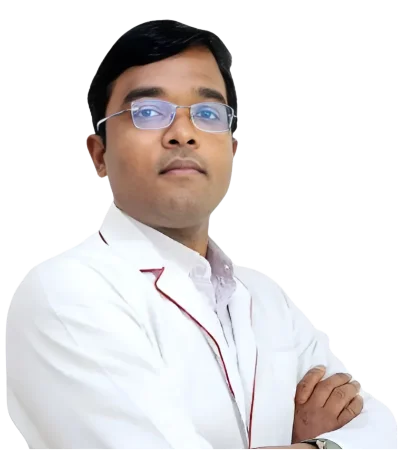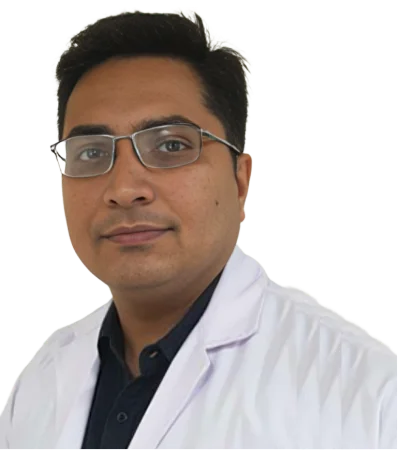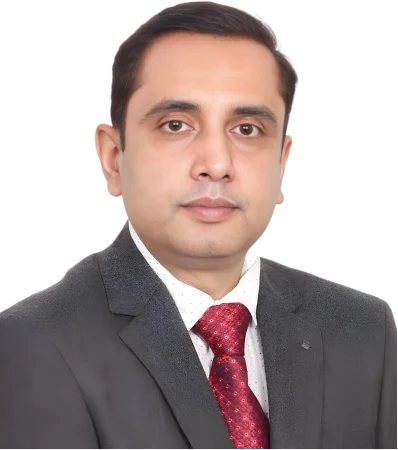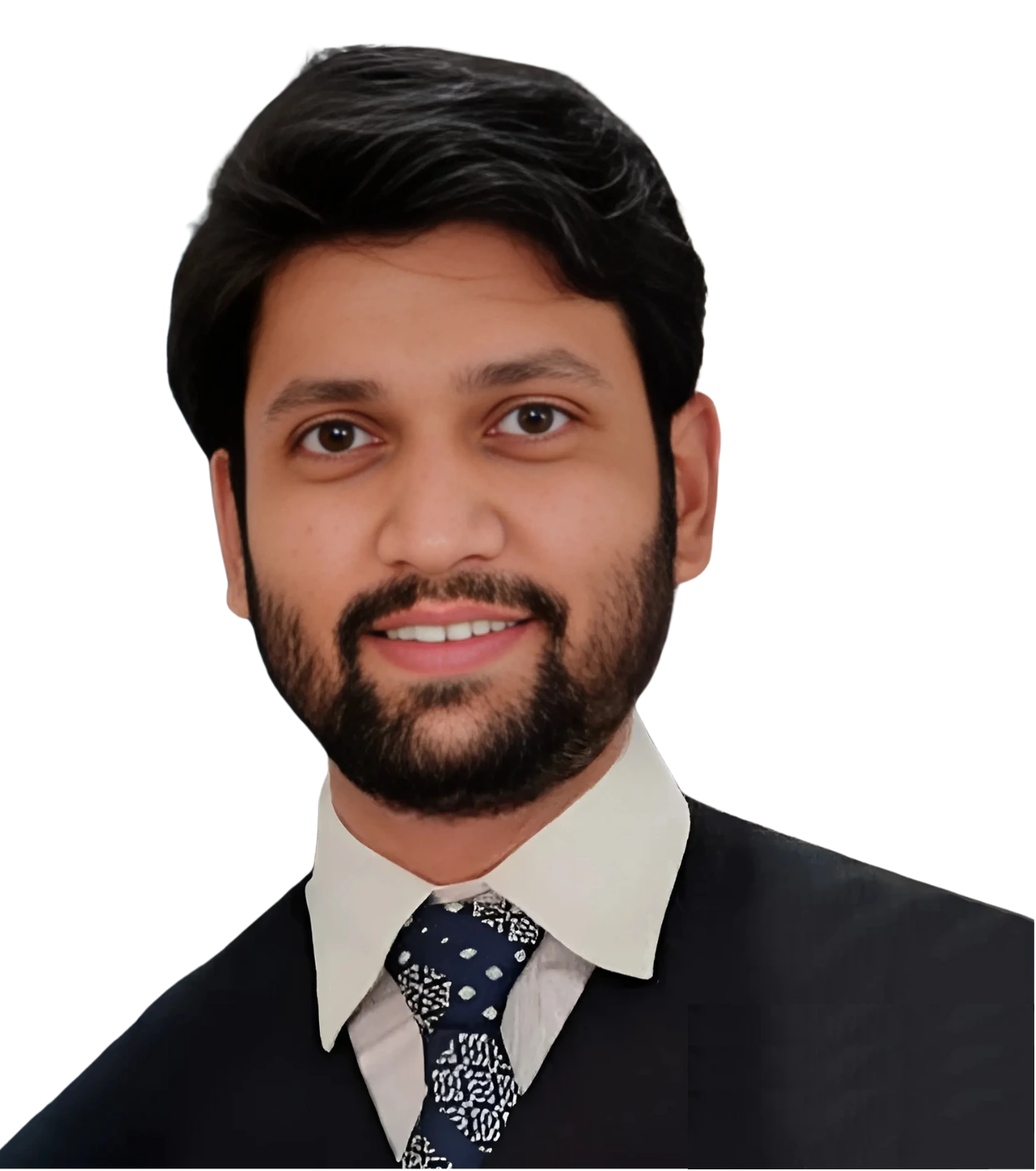Craniotomy Surgery
Advanced Techniques in Neurosurgery
Craniotomy surgery is an essential procedure that allows access to the brain for diagnosis and treatment of various neurological conditions. At Chirayu Super Speciality Hospital, our skilled neurosurgeons utilize cutting-edge technologies and techniques to perform craniotomies with extraordinary precision. Our goal is to address complex brain issues while upholding high standards of safety during each surgical process.
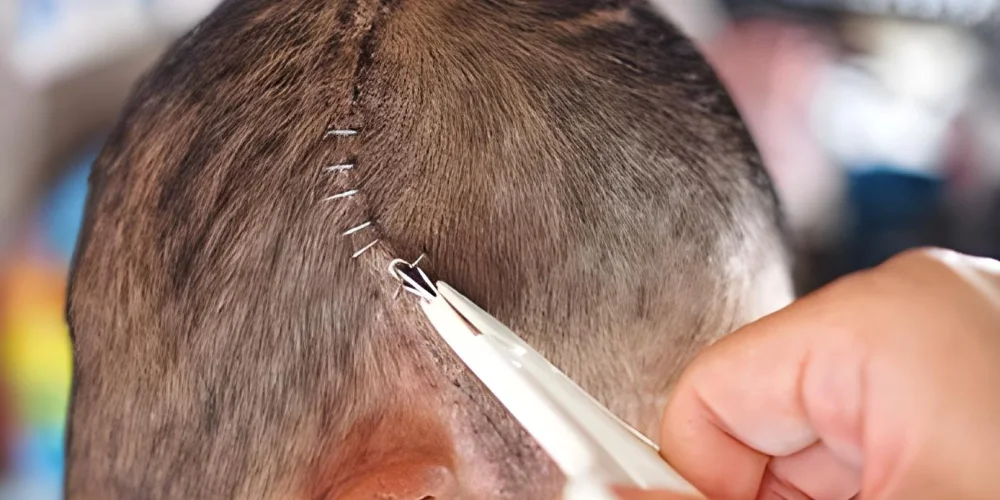
What Is Craniotomy Surgery?
Craniotomy surgery entails extracting part of the skull to access the brain for treatment purposes. This procedure is often employed when dealing with brain tumors, aneurysms, or other abnormalities; bone segments removed are replaced after surgery before closing off any incisions made during the process. Craniotomy enables neurosurgeons to view and operate directly on the brain for improved results and improved patient outcomes.
Who Performs Craniotomy Surgery?
Craniotomy surgeries are conducted by a team of highly experienced neurosurgeons who specialize in advanced brain surgeries. Our surgeons utilize cutting-edge technologies and techniques for precision execution of procedures. In collaboration with multidisciplinary teams, these surgeons ensure comprehensive care prior to, during, and post surgery that maximize patient safety and success.
Types of Craniotomy
- Brain Tumor Resection : Removal of a brain tumor to relieve symptoms and limit future growth or damage, whilst Aneurysm Clipping refers to placing a clip over an aneurysms in order to protect rupture risks while managing bleeding risks.
- Epilepsy Surgery : Deliberate removal of brain tissue responsible for seizures in those suffering from drug-resistant epilepsy. Cerebral Arteriovenous
- Malformation (AVM) Resection : Removal of abnormal blood vessels to reduce hemorrhage risks.
Symptoms Suggesting the Need for Craniotomy
Common indicators that indicate the need for craniotomy may include persistent headaches, seizures, neurological deficits (such as weakness or numbness) vision/speech changes as well as symptoms related to brain tumors/vascular malformations. When these symptoms cannot be managed using conservative treatments alone a craniotomy may be recommended in order to address directly their root cause.
Diagnosis for Craniotomy Surgery
Craniotomy diagnosis requires a comprehensive evaluation, which typically involves neurological exams, imaging studies such as MRI or CT scans, and potentially additional diagnostic tests such as angiogram. All of these assessments help pinpoint the exact location and nature of any problem areas to inform surgical approach and planning decisions.
Treatment Process
The treatment process starts with an extensive pre-surgical evaluation to ensure suitability for craniotomy surgery. Once incisions have been made in the scalp and bone is temporarily removed in order to access specific issues in the brain, then rebuilt securely after. Following surgery, patients receive comprehensive pain management, monitoring, and rehabilitation care in order to support recovery and overall brain health.
Care and Recovery After Craniotomy Surgery
Following craniotomy surgery, recovery typically entails a hospital stay for initial monitoring and healing before gradually returning to daily activities. Our team provides tailored post-op care plans designed to ensure smooth recovery with positive long-term outcomes.
Advantages of Choosing Our Surgery Services
Expert Neurosurgeons
Highly skilled surgeons perform precise craniotomy procedures for various conditions, including tumors, trauma, and aneurysms.
Advanced Monitoring Technology
Intraoperative monitoring and imaging ensure safety and accuracy during surgery.
Holistic Patient Care
Emphasis on patient education and support from diagnosis through recovery.
What Our Patients Say
Read about our patients positive experiences and how Chirayu Super Speciality Hospital has positively impacted their health and well-being.


The results of my craniotomy surgery were outstanding. I’m thankful for the skilled surgeons and the comprehensive care provided.


The craniotomy surgery was both compassionate and effective. The team’s dedication to my recovery was evident and much appreciated.


The craniotomy surgery was life-saving. The team’s expertise and care made all the difference in my recovery and well-being.


The craniotomy surgery at Chirayu Hospital was performed with exceptional skill. I’m recovering well and very satisfied with the results.
Meet Our Medical Specialists
Our neurosurgeons are highly skilled in craniotomy surgery, offering advanced treatments and personalized care to address complex brain conditions effectively.
Frequently Asked Questions
Here, we provide answers to some of the most commonly asked questions to help you better understand about our surgery services. If you have any additional questions, please do not hesitate to contact us.
A craniotomy may be needed to treat brain tumors, aneurysms, epilepsy, or vascular malformations when other treatments are not effective.
Preparation includes a pre-surgical evaluation, imaging studies, and discussing the procedure and recovery process with your medical team.
Risks may include infection, bleeding, neurological deficits, and complications related to anesthesia. Your surgeon will discuss these risks in detail.
The duration of craniotomy surgery varies but generally lasts between 4 to 6 hours, depending on the complexity of the procedure.
Conditions such as brain tumors, aneurysms, epilepsy, and arteriovenous malformations can be treated using craniotomy.
